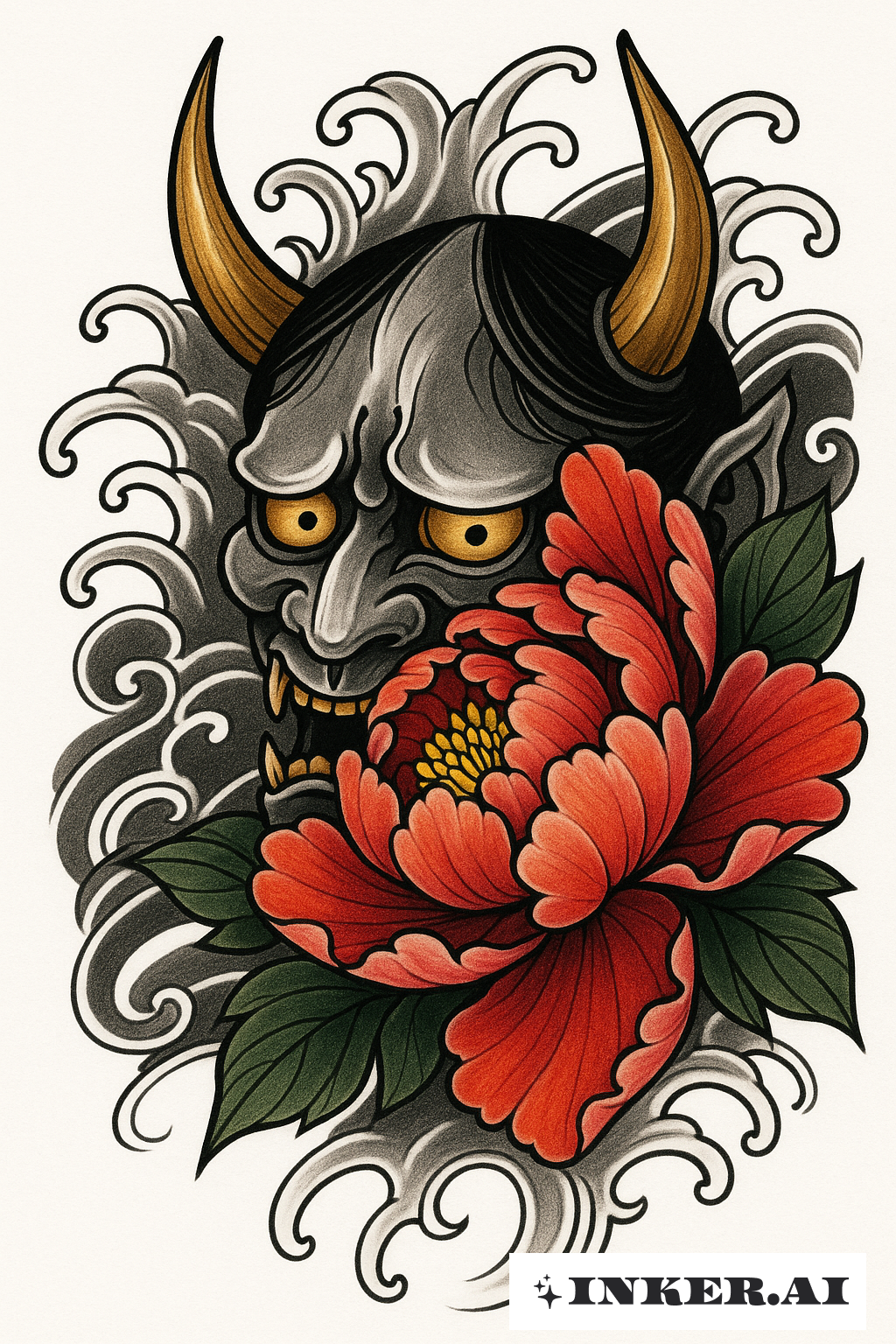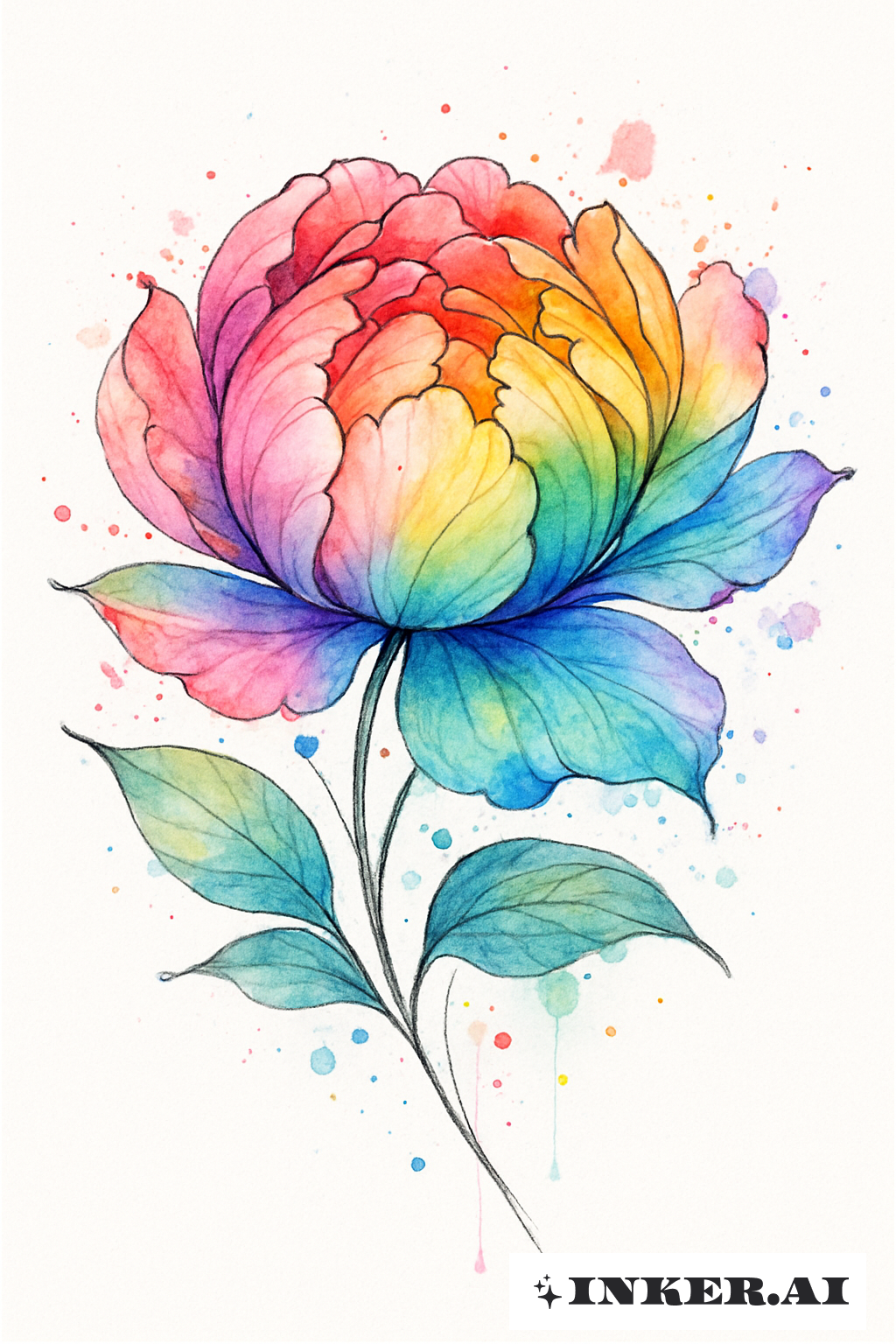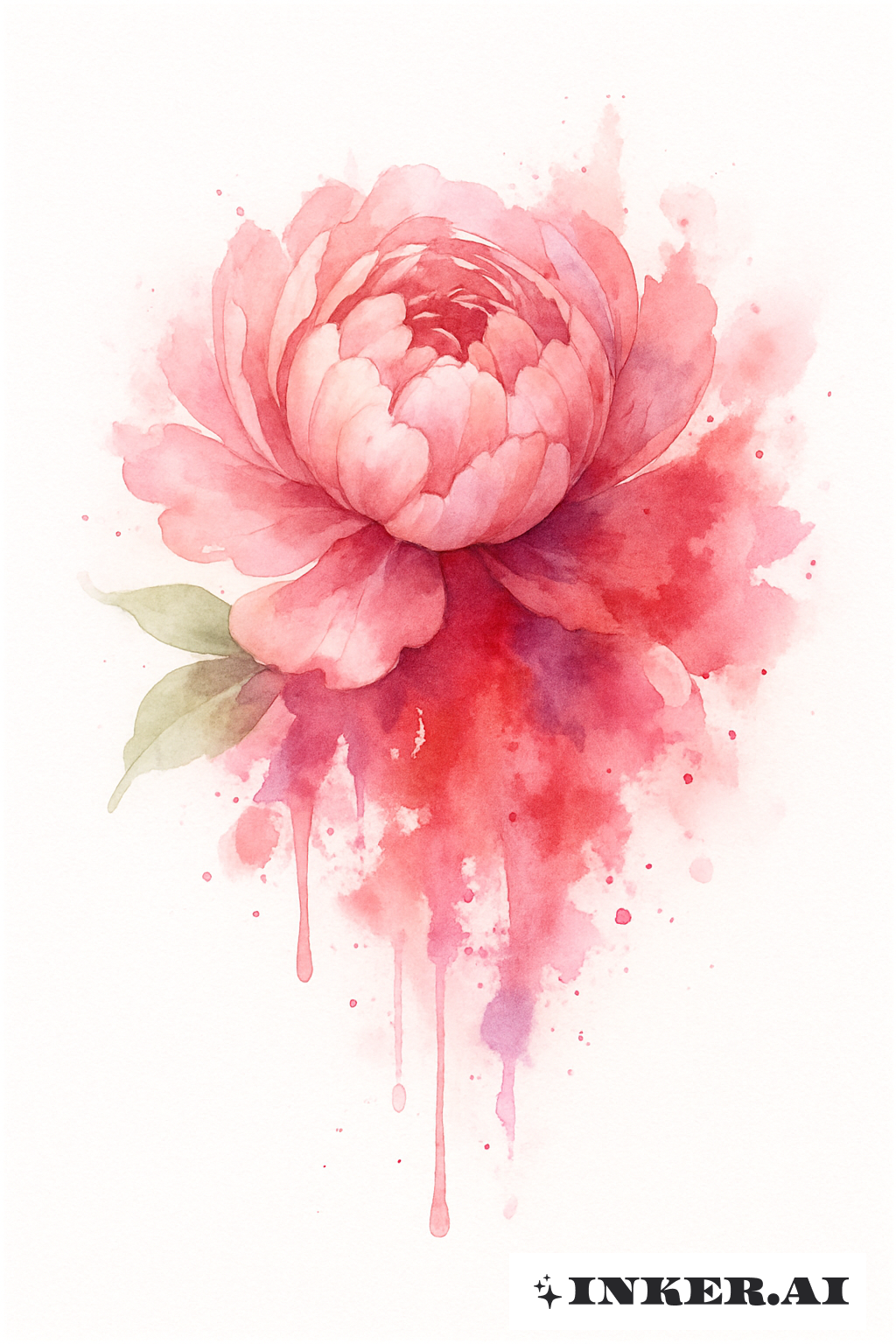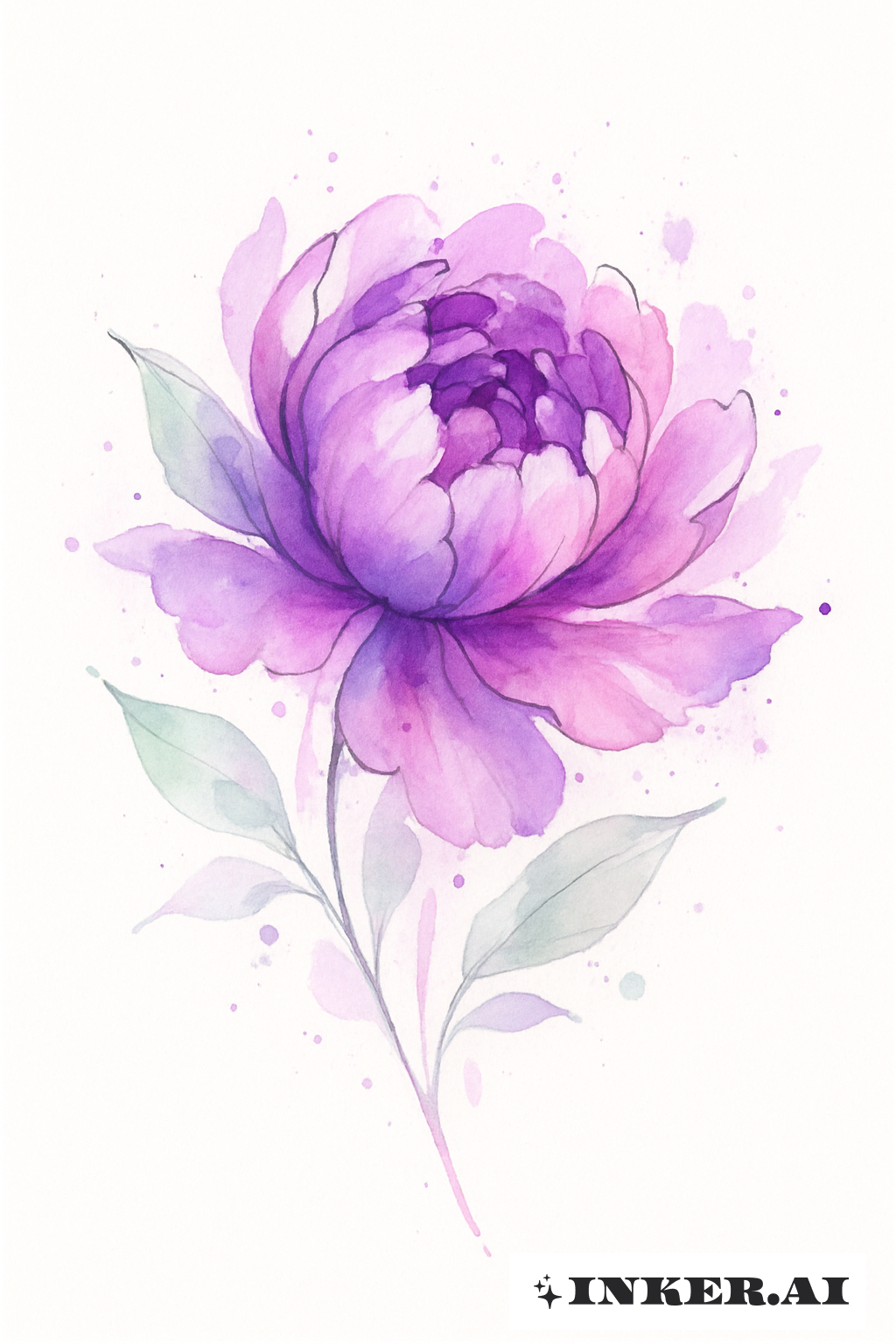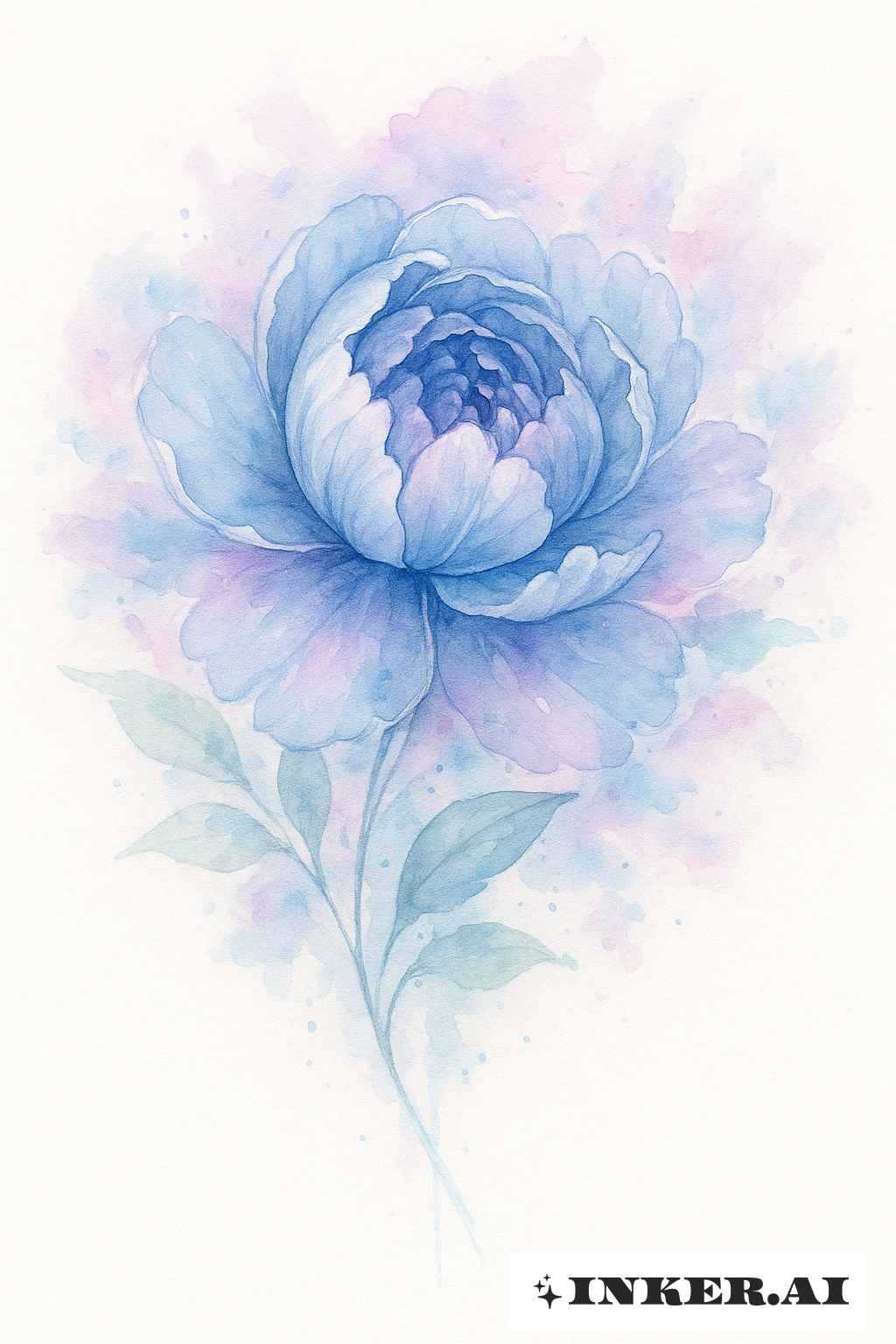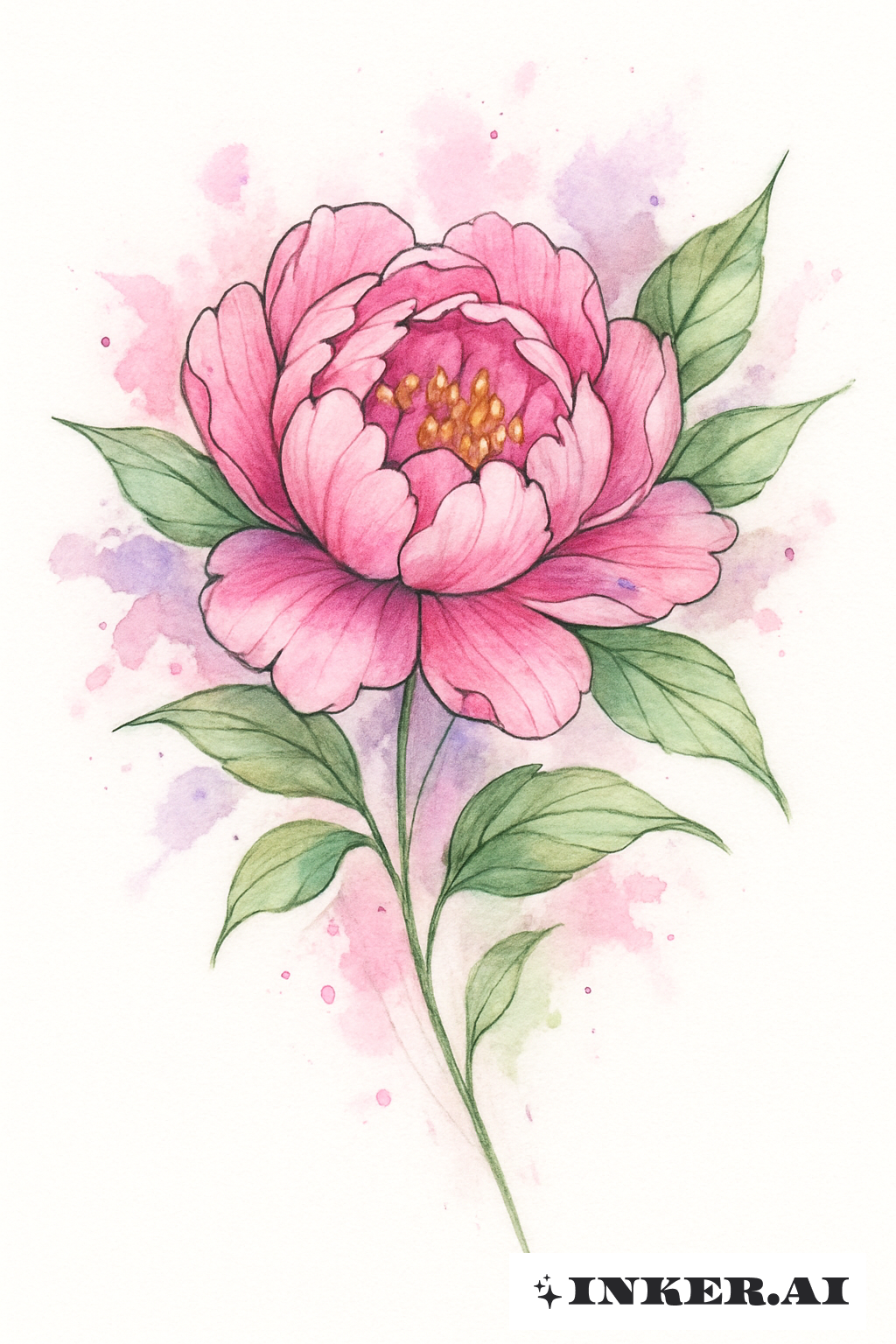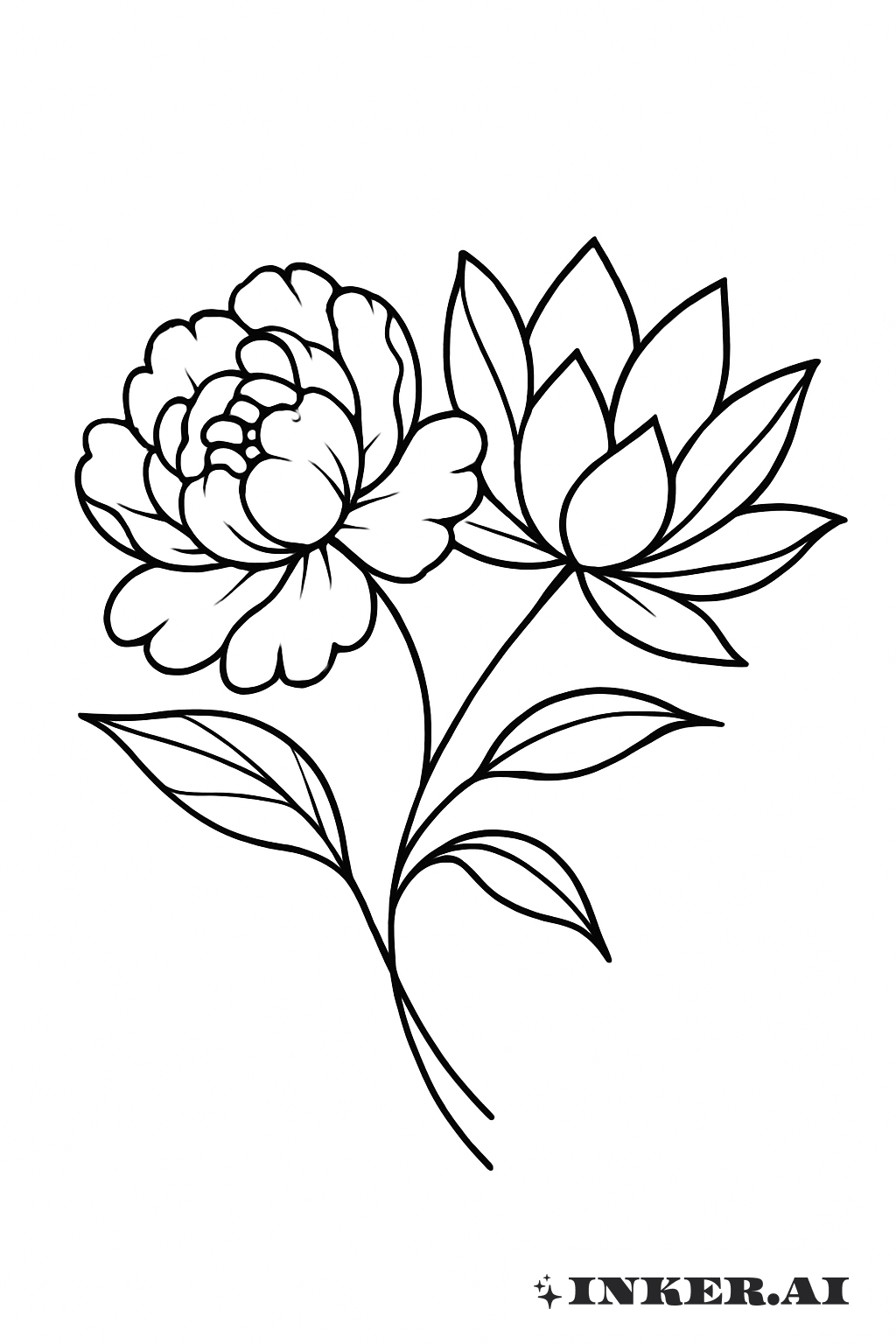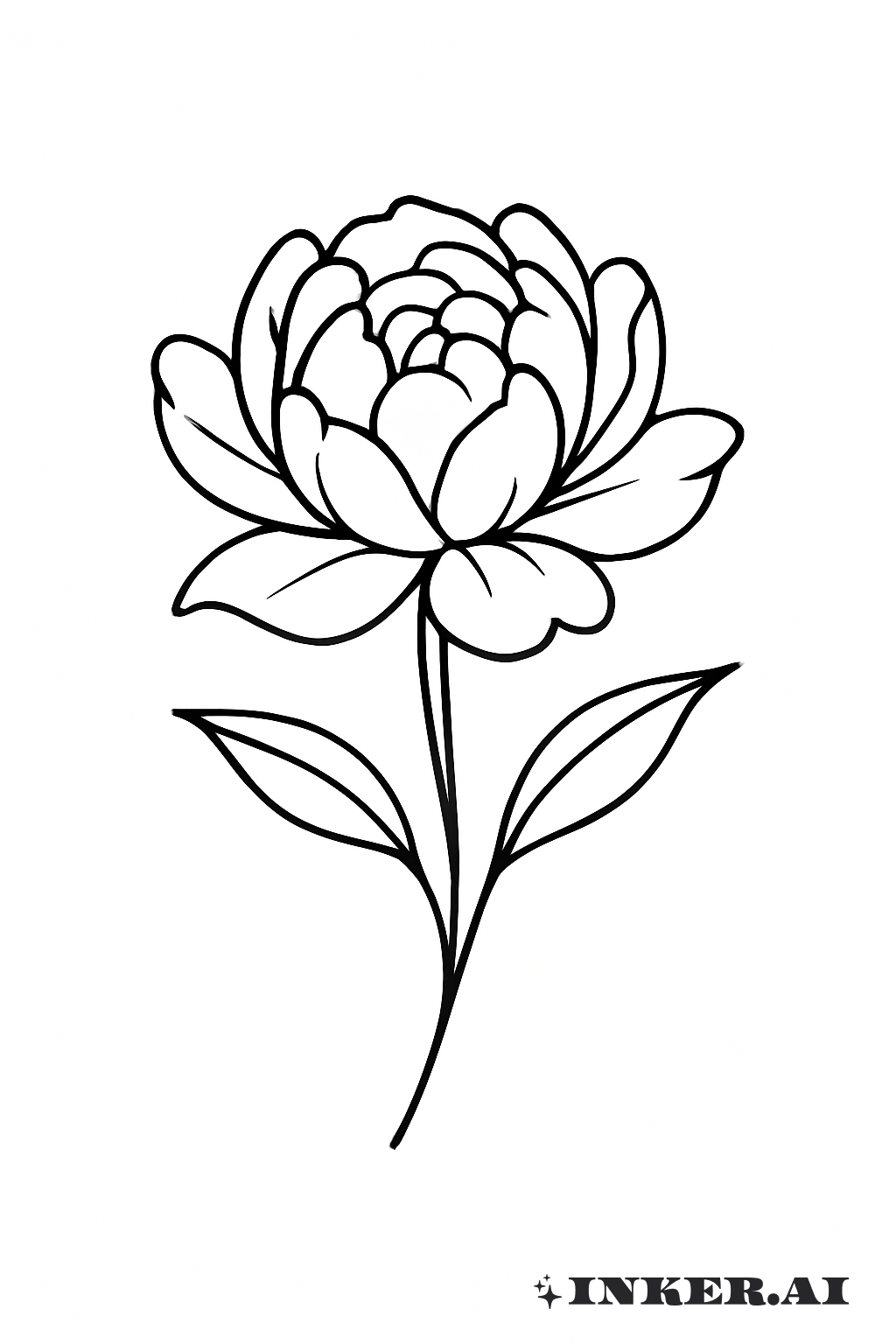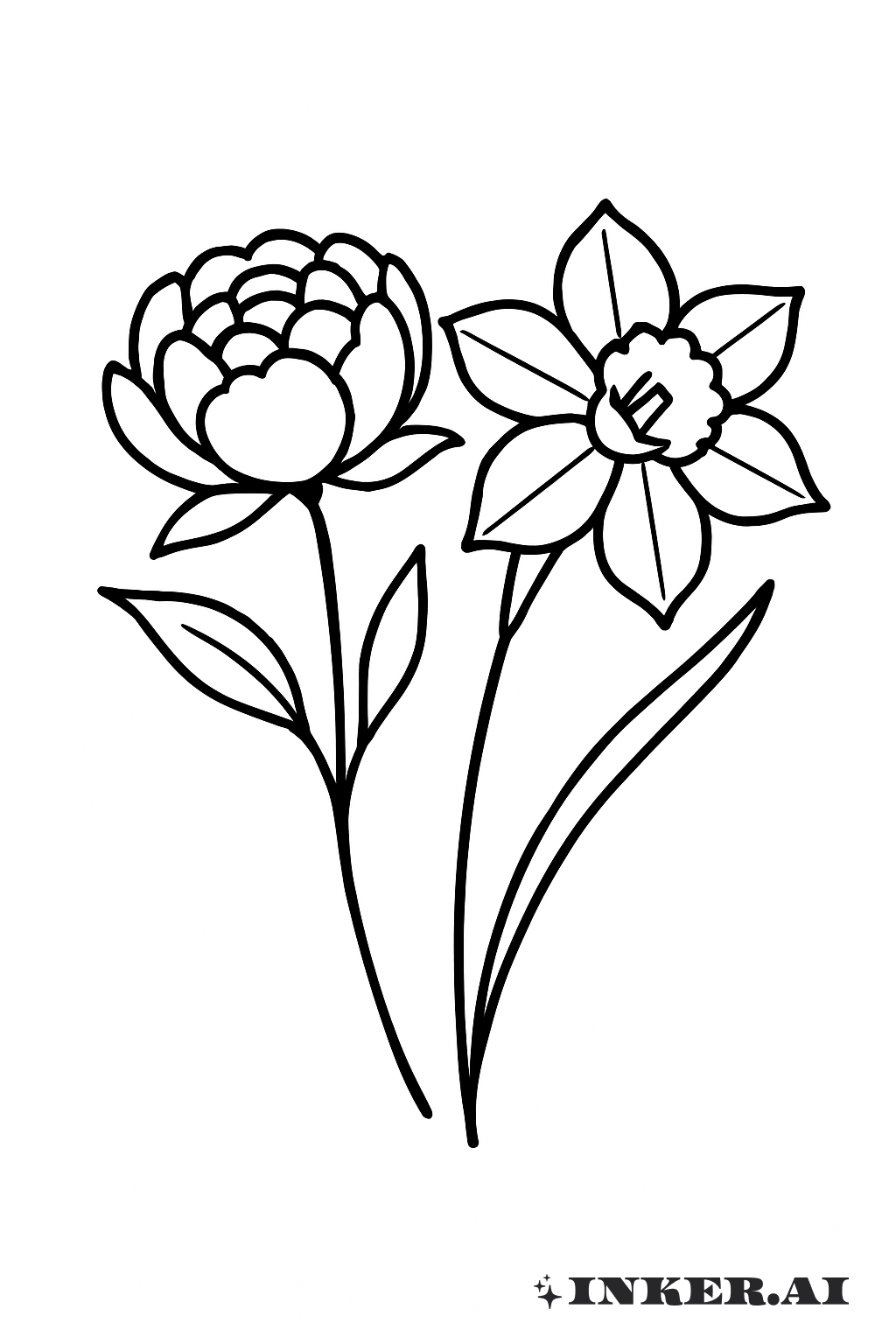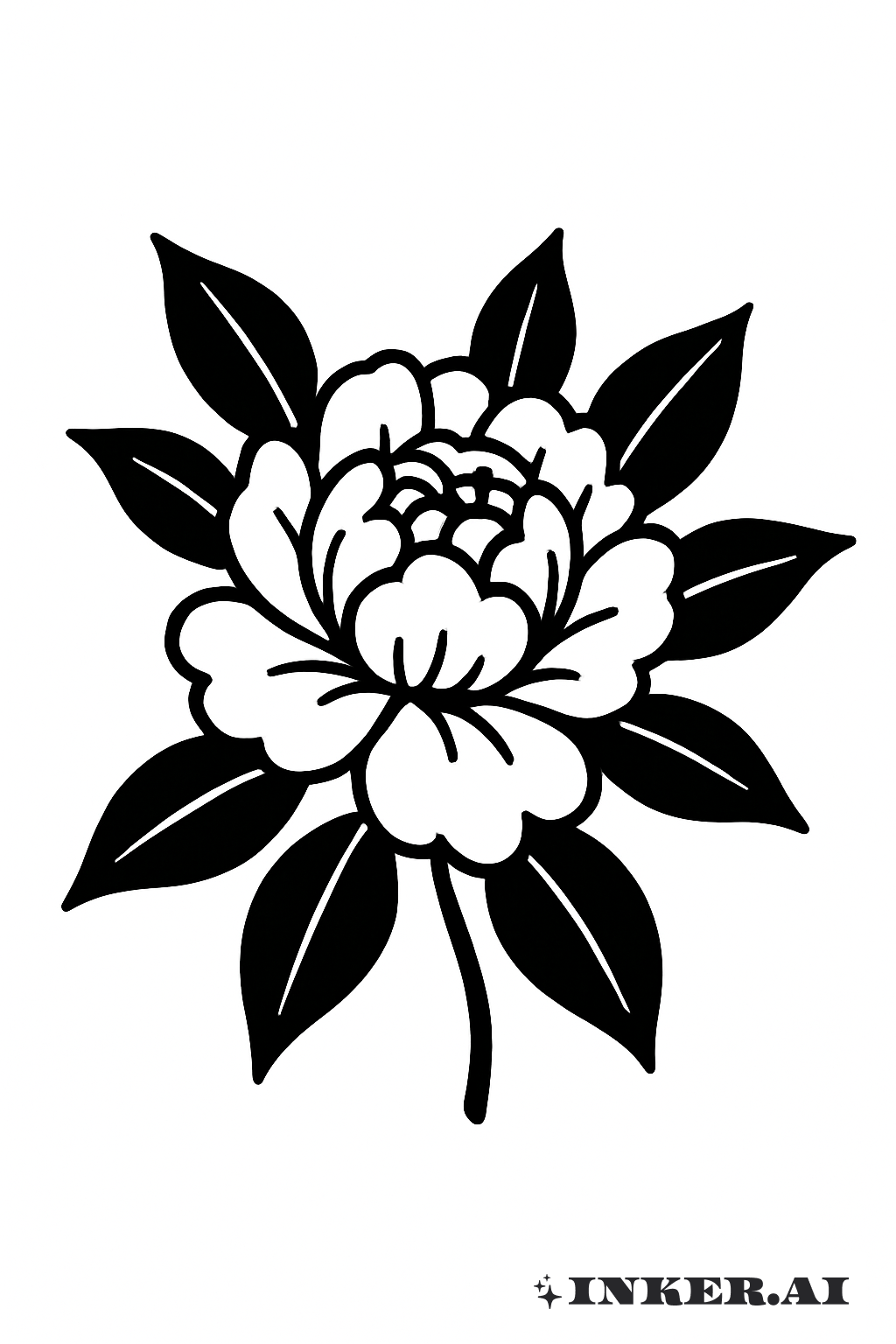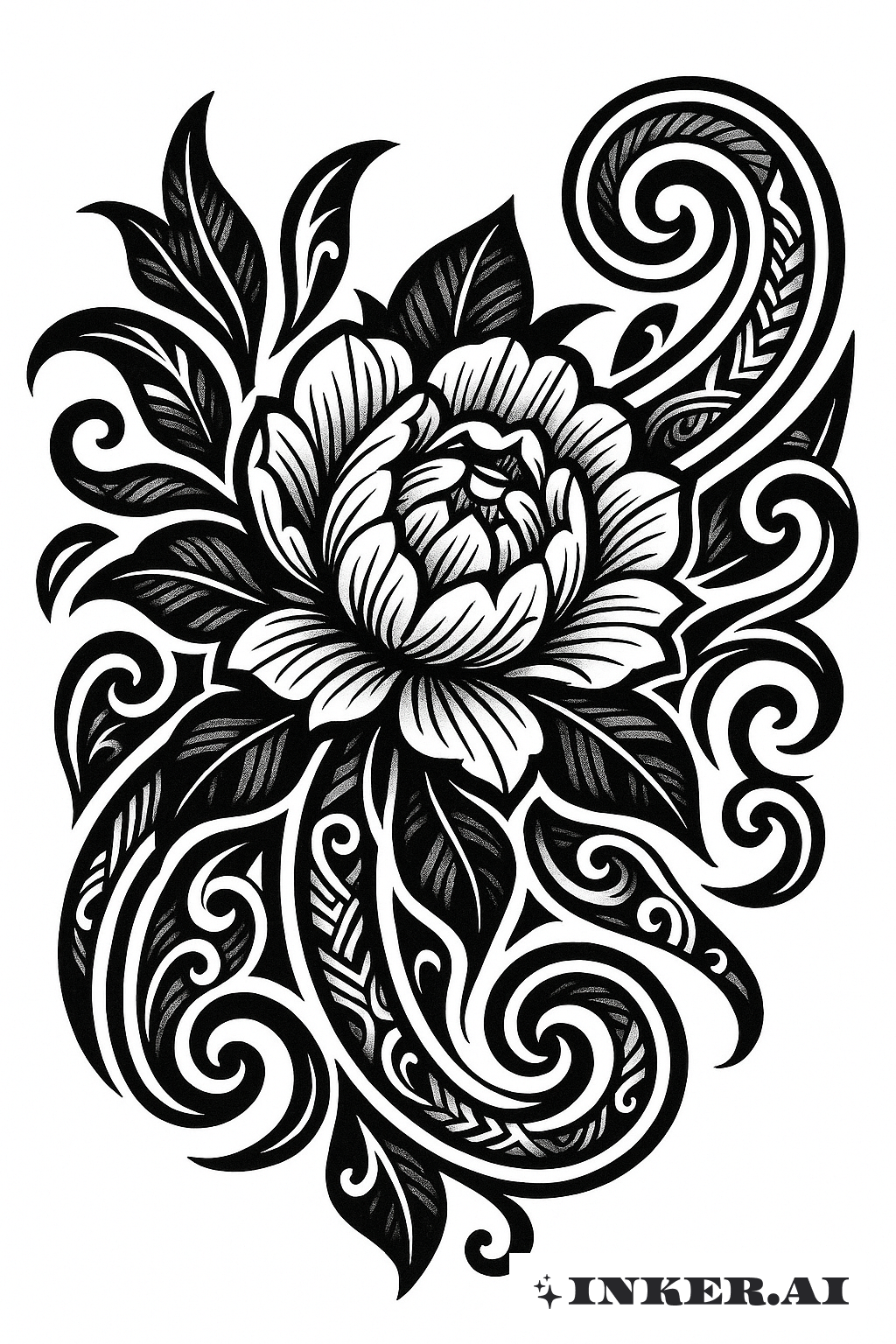Cultural Meaning Of A Hannya Mask Hidden Behind a Peony Tattoo Design
The Hannya mask, a staple in Japanese tattoo style, symbolizes the complexities of female emotions ranging from sorrow and jealousy to anger, often exemplifying the transformation from human to spirit when overwhelmed by such emotions. The peony, regarded as the king of flowers in Japan, represents wealth, honor, and prosperity, making it a popular Peonytattoo idea that conveys not only beauty but also resilience and transformation. Together, the Hannya mask and peony create a dynamic contrast between the emotional turmoil and serene elegance, reflecting the duality of human experiences. This tattoo serves as a metaphor for the amalgamation of life's beauty and its darker struggles, resonating deeply with Japanese cultural sensibilities, where symbolism and storytelling through art are profoundly respected.
Design Inspiration Of A Hannya Mask Hidden Behind a Peony Tattoo Design
This tattoo image draws profound inspiration from traditional Japanese folklore and art forms, like Noh theater, where Hannya masks are prominently used to portray the depths of human emotion. The integration of the peony alongside the Hannya mask is inspired by the juxtaposition often found in nature, where beauty can coexist with intensity. The tattoo artist likely sought to convey a narrative of transformation and harmony, allowing cultural motifs to serve as a lasting testament to Japanese art's timeless allure.
